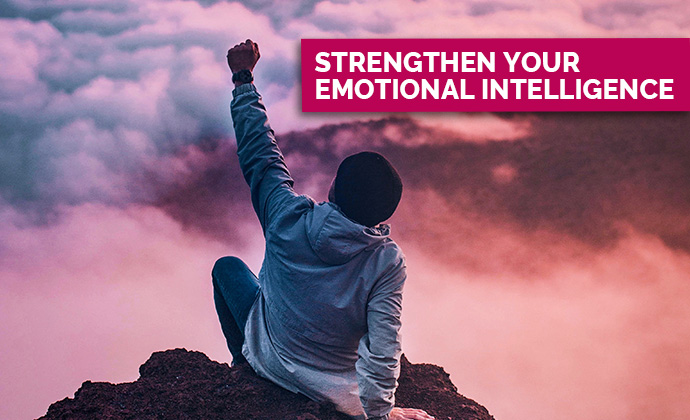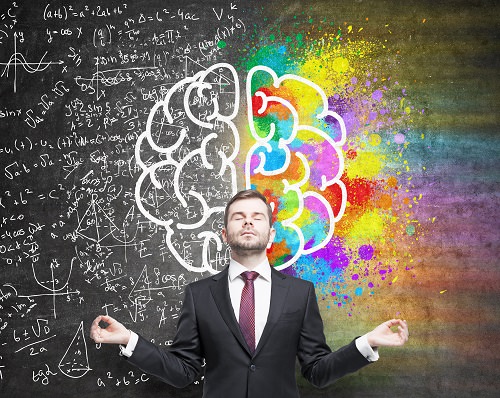Self-Awareness:
Self-awareness is the ability to recognize and understand one’s own emotions, thoughts, motivations, and behaviors, as well as their impact on others. It involves introspection and an honest assessment of one’s beliefs and values, leading to a deeper understanding of oneself in various contexts.
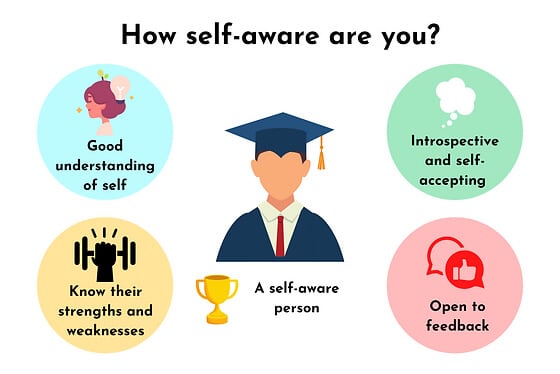
How to Develop Self-Awareness:
Self-Reflection: Take time regularly to reflect on your thoughts and feelings. Journaling can help clarify your experiences and insights.
Mindfulness Practices: Engaging in mindfulness or meditation helps increase awareness of your thoughts and feelings in the present moment.
Seek Feedback: Ask trusted friends or colleagues for constructive feedback about your behavior and impact on others.
Personality Assessments: Tools like the Myers-Briggs Type Indicator (MBTI) or the Enneagram can provide insights into your personality traits and tendencies.
Set Goals: Establish personal development goals based on your reflections and feedback to work on specific aspects of your self-awareness.
Emotional Check-Ins: Regularly assess your emotional state and the reasons behind it to understand your triggers and responses better.
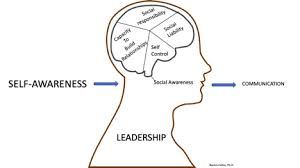
Advantages of Being Self-Aware:
Improved Relationships: Enhanced understanding of your emotions and behaviors can lead to better communication and stronger interpersonal connections.
Better Decision Making: Self-awareness aids in recognizing personal biases and motivations, leading to more informed and rational choices.
Increased Emotional Intelligence: Being self-aware enhances your ability to empathize with others and manage your reactions.
Greater Resilience: Understanding your strengths and weaknesses helps you navigate challenges more effectively.
Personal Growth: Self-awareness fosters continuous self-improvement and adaptability to change.
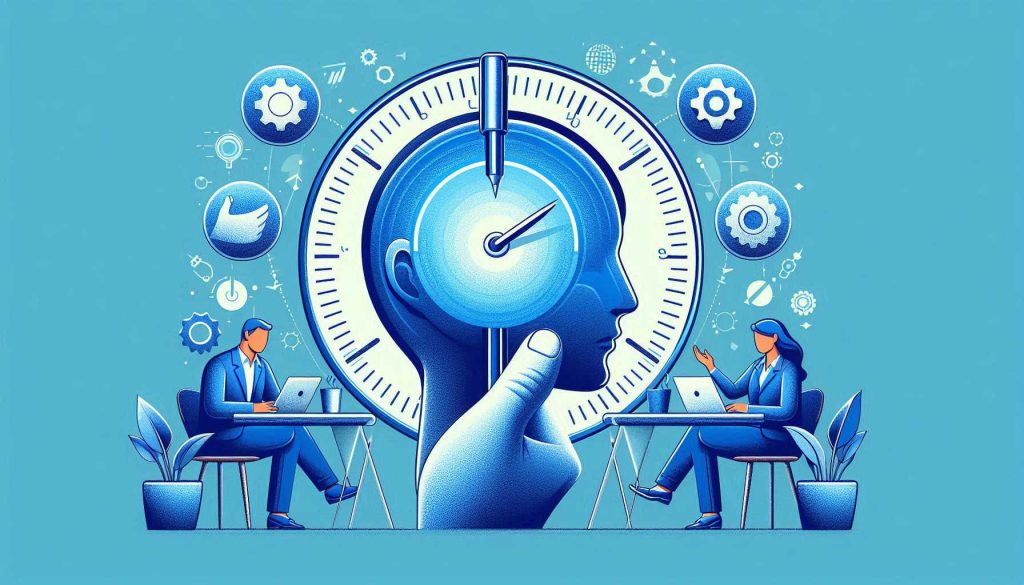
Problems Associated with Lack of Self-Awareness:
Poor Decision-Making: Individuals may act on impulse or biases without understanding their motivations, leading to unfavorable outcomes.
Relationship Issues: Misunderstanding one’s own emotions can result in conflicts, as individuals may react in ways that are damaging to relationships.
Inability to Learn from Mistakes: A lack of self-reflection can hinder personal growth, making it difficult to recognize and correct negative patterns.

Low Emotional Intelligence: Difficulty in recognizing one’s own emotions may lead to challenges in empathizing with others and managing social interactions.
Stagnation: Without self-awareness, individuals may struggle to identify areas for development, leading to a lack of progress in both personal and professional life.
In summary, developing self-awareness is a crucial step towards personal and professional growth, benefiting both the individual and their relationships with others.
https://www.linkedin.com/in/satish-kakri-17224417/
https://nimblefoundation.org/
https://nimblefoundation.org/feedback.html
https://nimblefoundation.org/voice-culture-online-training.html
https://nimblefoundation.org/our-clients.html
Thanks for reading.
